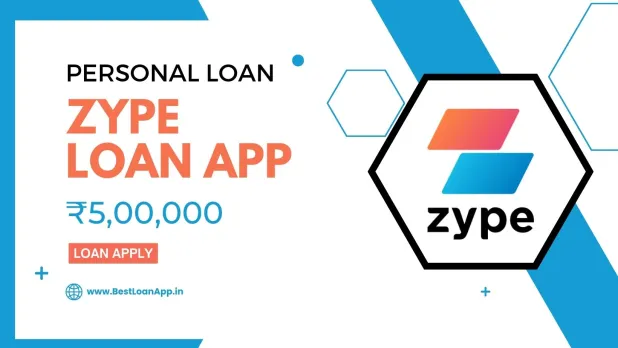The Dos And Don’ts Of Personal Loans For Debt Consolidation
Consolidating your obligations into a single loan can provide relief if you’re heavily indebted and juggling several payments each month. Loans for debt consolidation could be a helpful option for paying off debt faster and with less money in interest.
However, mismanaging debt consolidation loans can have a detrimental effect on your finances and credit score, just like mismanaging any other type of debt. Avoid these debt consolidation blunders to ensure that consolidating your debt is a benefit rather than a burden.

Debt consolidation:
Personal loans from a company that combines your numerous debts, such as credit card bills and loan payments, into one are known as debt consolidation loans. You pay your new lender on a monthly basis rather than several other bills. As a result of consolidating all of your bill payments into one location, you typically pay less interest and can streamline and simplify your bill payment process. If you’re also looking for flexible payment options, some lenders even offer the convenience of paying back in EMI, which is similar to online shopping in EMI, allowing you to manage your expenses in a way that suits your financial preferences.
- Look out for the best offer.
It could be tempting to lock in an offer when applying for a debt consolidation loan solely because the lender’s rate is cheaper than what you’re already paying on your credit card bills. However, the first offer you get might not be the cheapest. The majority of personal loan providers, including various loan apps, allow you to prequalify in order to check your anticipated rate with a mild credit inquiry. By doing this, you may compare offers from several lenders before submitting an official loan application.
Additionally, you ought to do your shopping at various financial institutions. For instance, compared to traditional banks, online lenders often have reduced administrative costs, which can result in cheaper interest rates. On the other hand, if a bank you already use offers a relationship discount, you can receive a better deal through them. Utilizing tools like a loan EMI calculator can assist you in planning and managing your repayments effectively, ensuring that your debt consolidation journey is not only convenient but also financially responsible.
- Don’t end up increasing your debt.
A loan for debt consolidation can help you combine all of your debts into a single loan, relieving you of the immediate stress caused by having numerous amounts and payments due. However, if seeing your credit card balances drop to zero makes you want to spend more, this sensation of comfort could really make things worse. Keep your credit card balances low after consolidating. You’ll get more into debt if you don’t.
- Differentiate between settlement and consolidation.
You may come across organizations offering debt settlement services that promise to lower the amount you owe your lenders by consolidating your numerous large payments into a single payment made directly to the company. Although it would be alluring, you would be better off avoiding colonization. When working with a debt settlement firm, they may advise you to stop making any payments to your creditors. Missed payments and delinquencies, as a result, hurt your credit score permanently. If you do agree to a settlement that is less than the full amount you owe, that will also be recorded on your credit report and might raise a red flag for potential lenders in the future.
Conclusion
Personal finance is very personal, as the name suggests. It’s crucial to pick a plan that fits your lifestyle because what works best for one person might not be beneficial for you. Similarly, when exploring financial solutions, finding the right loan app that aligns with your needs and preferences can make a significant difference in managing your personal finances effectively.